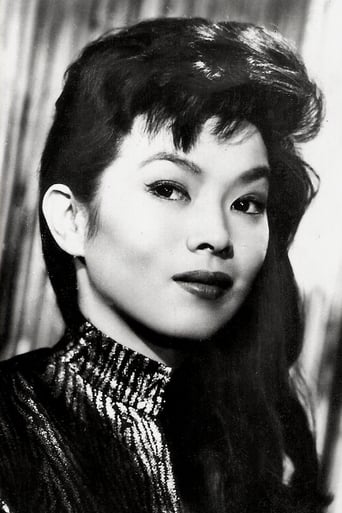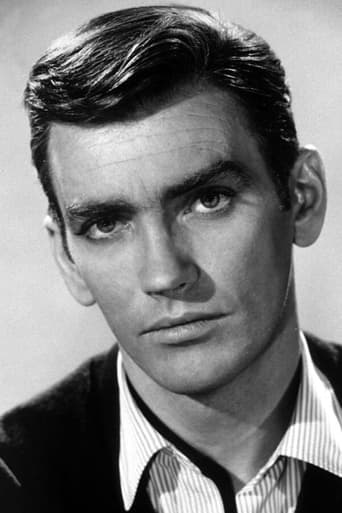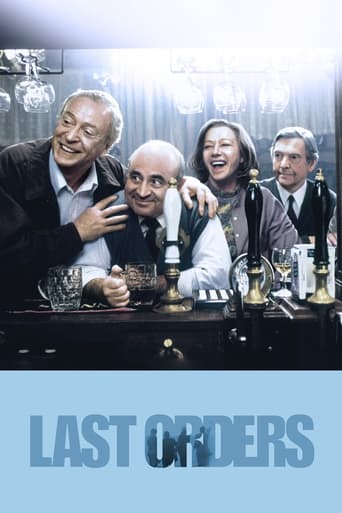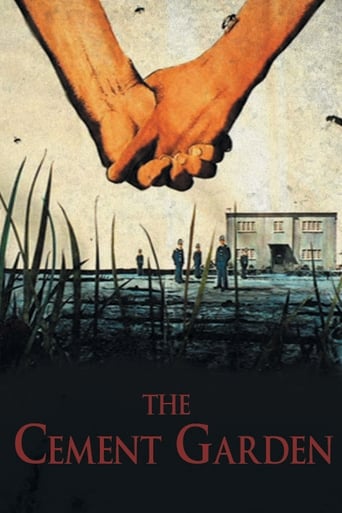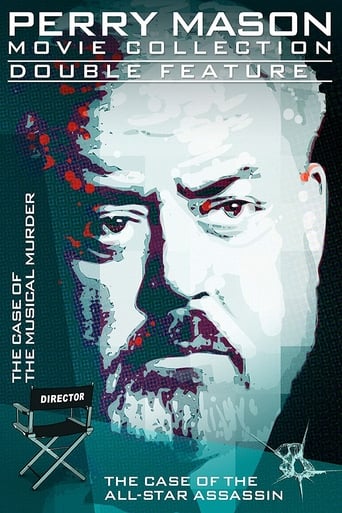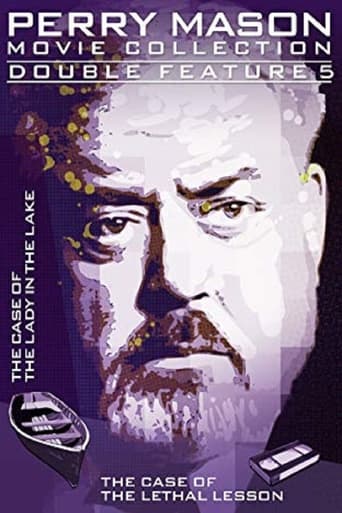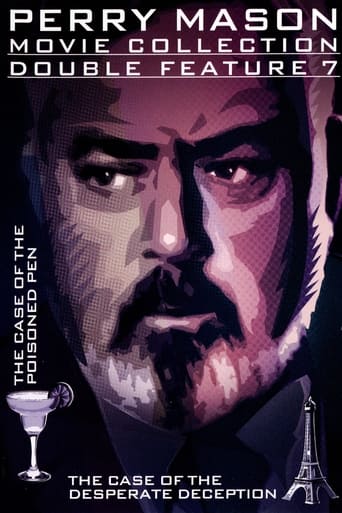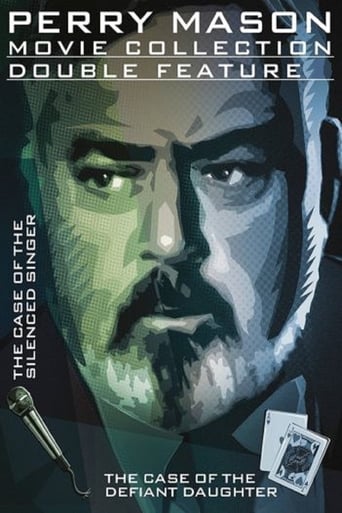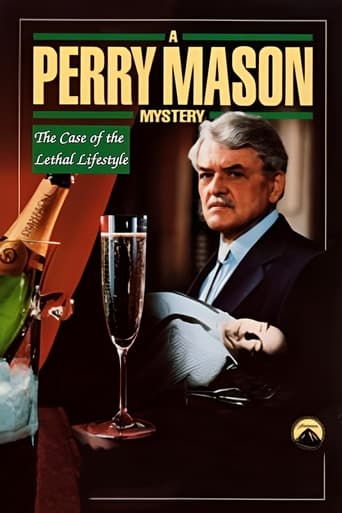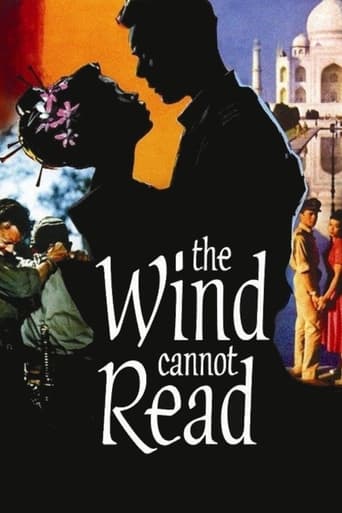
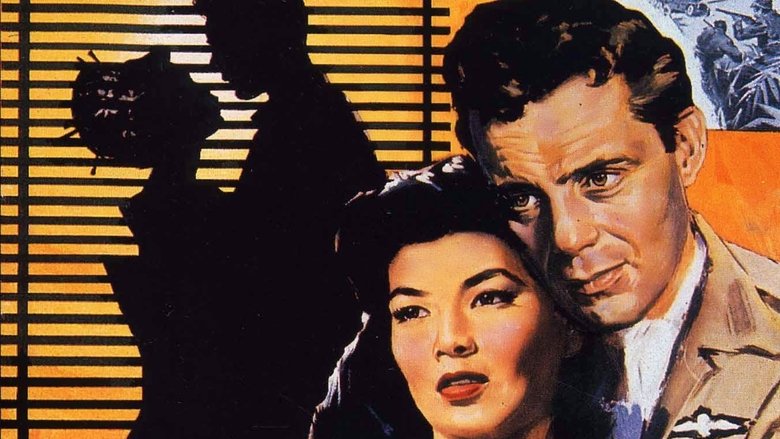
The Wind Cannot Read (1958)
A British officer falls in love with his Japanese instructor at a military language school. They start a romance, but she is regarded as the enemy and is not accepted by his countrymen.
Watch Trailer
Cast


Similar titles
Reviews
Handsome Dirk Bogarde is a British officer in India preparing for war against the Japanese. He falls in love with the china-doll like Yoko Tani, a Japanese girl who left her homeland with her father in order to save his life after he rebelled against Emperor Hirohito's regime. She is the bashful teacher hired to tutor Bogarde and his colleagues in Japanese, and returns his feelings. Tani is hiding a secret illness and begs Bogarde to let her go, but he refuses. They are married but soon afterwords he goes off to battle and ends up a tortured prisoner of the Japanese. Knowing something is wrong with her, he fights desperately to be freed and get back before it is too late.This variation (and combination) of several tearjerkers seems alright when it comes to the basic storyline, but what destroys it ultimately is the painfully slow pacing and a profound disbelief over the whole situation. The innocent Tani is certainly beautiful, but is far too flower-like in her psyche, so gentle that you fear any hurt would cause all of her metaphoric peddles to fall apart. The Japanese classroom add the only humor as the British officers each ask Tani a question about Japan and she giggles very youth-like at the inquiry and some of the responses. But the pacing proves the saying that "silence is deafening" and can sometimes cause a painfully induced desperation to stay awake.
The movie's title, "The Wind Cannot Read," supposedly comes from an old Japanese proverb: "The sign says, 'Do not pick these blossoms,' but the wind cannot read." I'll buy it.The blossom here is the ingratiating Yoko Tani, the picker is Dirk Bogarde, the wind is love, and the sign is Tani's increasingly severe headaches.The film sticks pretty closely to a formula that seemed popular during the 1950s -- "Love Is A Many Splendored Thing," "Sayonara," "South Pacific." A Westerner, usually a service man, and a local Oriental girl fall in love and eventually, usually, something separates them. Well, as Ernest Hemingway observed, every love story is a tragedy if followed long enough because one of the lovers dies.Depending on what distracting additional ingredient are added to the formula, it's also known as "soap opera." In this instance, Dirk Bogarde and a couple of friends are RAF officers during World War II, assigned to a school in Delhi where they will learn Japanese while they recuperate from their efforts in combat. The senior officer, also a student, is a little stuffy but that has nothing to do with the plot. I kind of enjoyed the scenes in the classroom where an expressionless instructor has them repeat phrases over and over, until the far more demure, expressive, and colorful Yoko Tani joins the faculty. It reminded me of the classes I took in Mandarin Chinese, until I saw the handwriting on the wall and it was in English.The development of the love affair between Bogarde and Tani is achingly familiar. They visit the Taj Mahal, wander through the local market, giggle while they sample food from street vendors, and stand around watching blind local musicians play tunes in the middle of the street. That's when Yoko Tani first complains that the music is giving her a headache. If you can't divine where that headache is headed -- well, I feel sorry for you. You need to watch more weepers.There are some scenes tacked on penultimately in which Bogarde and the stuffy senior officer are captured and interrogated by the Japanese but they're not very interesting nor well integrated. The fact that both officers know Japanese isn't even worked into the plot.The Brits turned out some superlative war movies during the 1950s. This isn't one of them. It's a generally formulaic love story of two star-crossed and rather alien figures.
This was the final picture shown at the famous New York City movie palace, the Roxy, the self-exclaimed "Cathedral of the Motion Picture." The Roxy opened in 1928 amid mid-Manhatten Roaring Twenties fanfare. By the mid-1950's, the theater was showing it's age through years of neglect and declining revenues, i.e. competition from television and general flight of patrons to the suburbs. It was during the late '50's to the late '80's that the large picture palaces were vanishing to the wrecker's ball, and the Roxy fell without a whimper from the public. After showing "The Wind Cannot Read," in the spring of 1960, the Roxy was closed and demolished in three months. A famous photo exists of silent movie actress Gloria Swanson in an elegant gown posing amid the Roxy's gloomy ruins; one of her silents opened the Roxy in 1928. A tragic end to a magnificent structure, only 32 years old at the time.
Dirk Bogarde in India circa 1943 training to fight the Japanese, falls in love with a self-exiled Japanese woman (his instructor at military language school).Bogarde can infuse any performance with interest and tension. Yoko Tani, the female lead, is not a great actress but hits the right tone. Those familiar with Japan and the Japanese will appreciate that care was taken in the film to make it authentic -- real Japanese actors speaking real and quite appropriate Japanese.Very well photographed with some great scenes of India. A diverting, although not brilliant, film.



